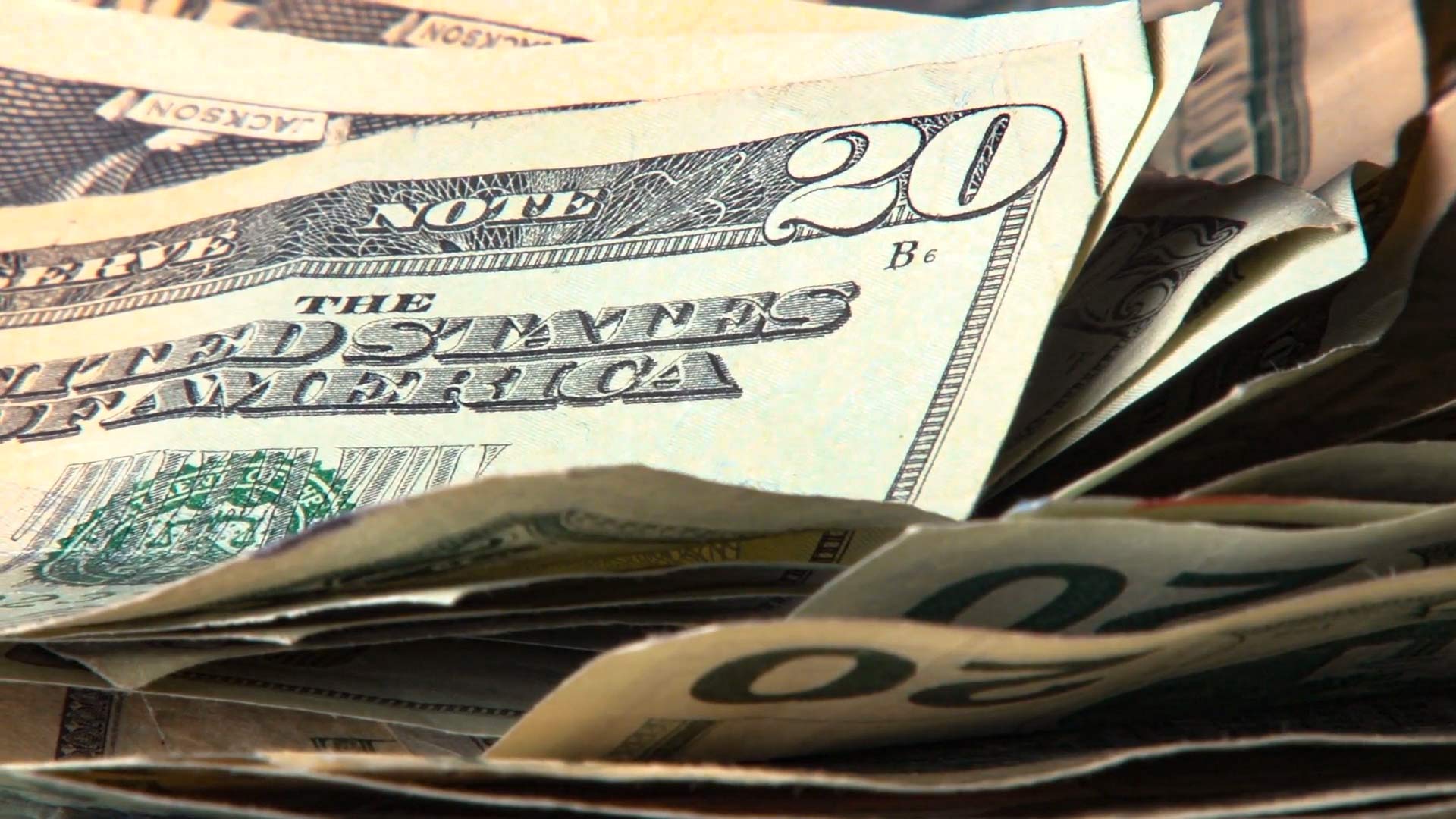 Twenty-dollar bills.
Twenty-dollar bills.
The Buzz for December 29, 2023

Arizona has yet to fall into the mild recession many have predicted since the U.S. Federal Reserve Bank began hiking interest rates.
The number of employed people in the state dropped by 1,200 people in October, the first drop since July, though year-over-year numbers were up 51,100. State unemployment remains around the U.S. average of 3.9%.
The rate at which people are being hired and quitting has returned to where it was pre-pandemic. Wage growth in Arizona continues but is doing so at a slower rate than in 2022, and now outpaces the rate of inflation in the Phoenix metro area.
Housing continues to be an issue for much of the state, with rents rising. And, while home prices have remained level, mortgage payments are going up thanks to rising interest rates.
"Interest rates really matter, they haven't had an impact as quickly as we thought they would," said Dr. George Hammond, director of the Economic and Business Research Center at the University of Arizona's Eller School of Management. "But they are impacting overall construction activity. Housing permits are down across the state. The housing market has been sluggish [in Tucson] and housing affordability has just plummeted since the pandemic both because home prices have increased so much and because interest rates have roughly doubled."
Only about 38% of homes sold in Tucson this year were affordable to someone making the area's median wage, Hammond said, ranking it similar to the national average and better than the roughly 25% of homes that met that criteria in the Phoenix area.
Hammond said recent economic trends are trending toward a positive outcome, and he see inflation slowly coming back under control to the Federal Reserve's preferred rate of 2% without much damage to the economy.
"A soft landing is still a good possibility, meaning continued growth in 2024. But recessions are almost always surprises, so we need to keep an eye out for that possibility. I think even if the U.S. economy slides into a mild recession, what that will mean for Arizona and Tucson is slower growth than we expect."
And that national recession is something that Dr. Gus Faucher, Chief Economist at PNC Financial Services Group, sees coming. He predicted a mild recession is coming in mid-2024 during an October appearance on CNBC, and he sticks by that forecast.
"We see that higher interest rates are weighing on the economy. After some [national] good news on housing, we've seen another slowing in the housing market. Business investment will take a hit from higher financing costs. And so I think that overall, the most likely outcome is that we do get a mild recession."
He stressed that it will be mild in comparison to what was seen during the COVID-19 pandemic and the Great Recession.
"A small number of people will lose their jobs, and these tend to be people who have less education or are in industries that are interest rate sensitive like construction or durable goods manufacturing. Most people will keep their jobs, maybe they'll see a little slower wage growth. For most people, the impact will be limited."
Faucher said that there is still a strong chance that conditions continue as is though.
"I think there's still a pretty good chance that we do get a soft landing, so I would say 55-60% chance we get that mild recession, but that means there's a little less than 50% probability that we get out of this with weaker economic growth but not an outright recession. That may entail a bit slower job growth, a bit of an increase in the unemployment rate, but not the layoffs we'd expect to see in a recession."


By submitting your comments, you hereby give AZPM the right to post your comments and potentially use them in any other form of media operated by this institution.